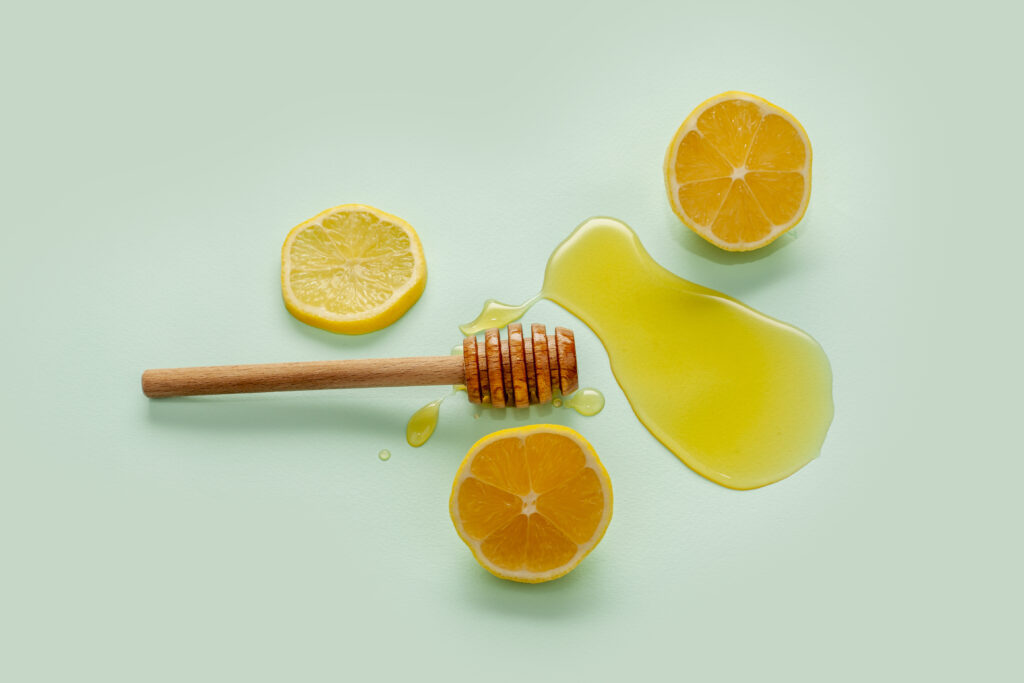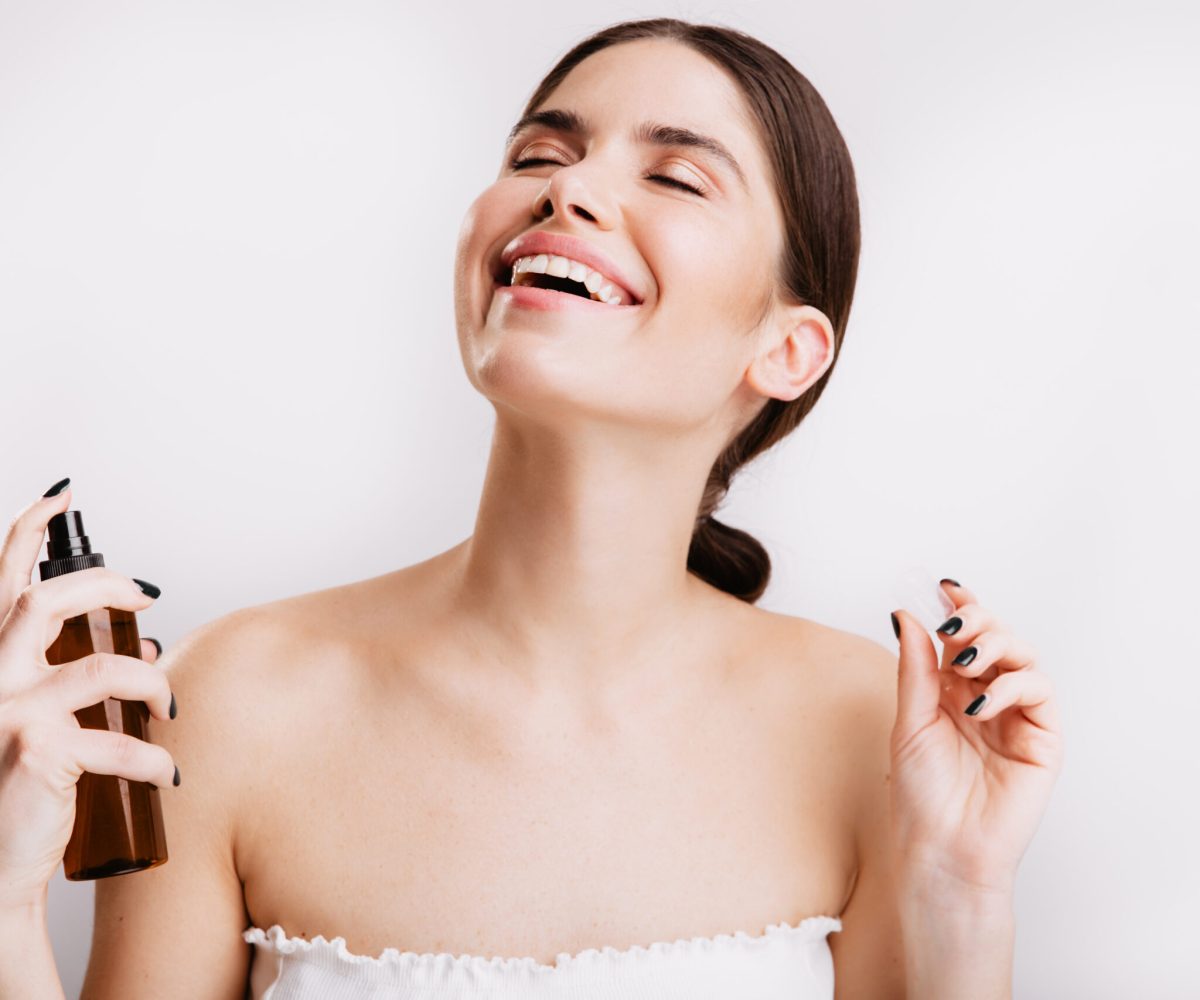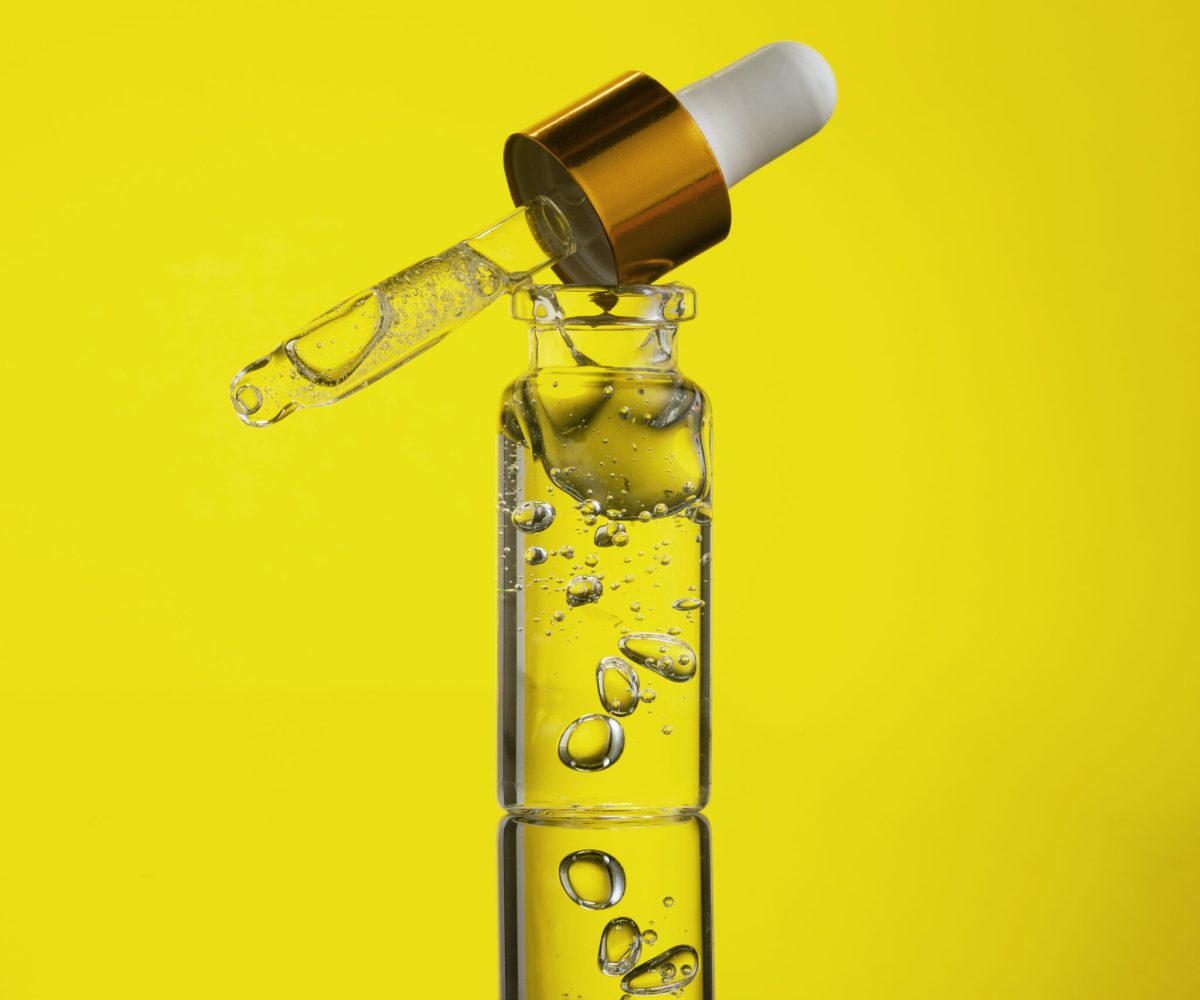
Acne scars can feel like a lingering reminder of previous breakouts, affecting our confidence and self-image. While the market is flooded with expensive treatments and products promising flawless skin, many of us are looking for cost-effective, natural solutions. Imagine being able to use simple kitchen ingredients to remove stubborn scars and reveal smoother, healthier skin. Excited? Here are five DIY skincare tips for acne scars that you must try.
In this post, we’ll look at five effective DIY skincare tips for treating acne scars. First, we will examine the hydrating and brightening properties of a honey and lemon mask. Next, we’ll look at the healing properties of aloe vera gel. We will then investigate the anti-inflammatory properties of a turmeric and yogurt paste. Following that, we’ll talk about how an apple cider vinegar toner can help balance your skin’s pH and reduce pigmentation. Finally, we will learn about vitamin E oil’s scar-reducing properties. Each tip is simple to implement and uses readily available ingredients, making it easy for you to begin your journey to clearer, healthier skin.
Table of Contents
ToggleTip 1: Honey and Lemon Mask (skincare)

Ingredients:
- Honey: 1 tablespoon
- Lemon: 1 tablespoon of freshly squeezed juice
Benefits:
Honey-
- Honey is a natural humidifier.
- It hydrates your skin by absorbing moisture from the air.
- It contains antibacterial properties.
- It helps to prevent future outbreaks.
Lemon-
- Lemon juice contains natural bleaching properties.
- It contains vitamin C, which brightens the skin.
- It helps in fading acne.
Instructions:
- Prepare your ingredients: Begin by combining one tablespoon each of honey and freshly squeezed lemon juice.
- Mix: In a small mixing bowl, combine the honey and lemon juice until smooth.
- Apply: Apply the mixture evenly to your face with clean fingers or a brush, paying special attention to areas with acne scars.
- Wait: Leave the mask on for 15-20 minutes. Lemon juice may cause a slight tingling sensation.
- Rinse: Remove the mask with lukewarm water and pat your face dry with a clean towel.
Usage Tips:
- For optimal results, use this mask 2-3 times per week. Consistency is essential for seeing results in your skin.
- Lemon juice can make your skin more sensitive to sunlight, so use this mask in the evening or at night. Always use a good moisturizer afterward to keep your skin hydrated. If you have sensitive skin, you may want to perform a patch test first to ensure that the lemon juice does not cause a reaction.
This honey and lemon mask is a simple but effective DIY skincare treatment for reducing the appearance of acne scars and giving your skin a healthy, radiant glow. Give it a try and see how your skin changes over time!
Tip 2: Aloe Vera Gel

Benefits:
- Aloe vera is great for skin issues, especially acne scars.
- It has soothing properties, perfect for calming irritated skin.
- Packed with vitamins, enzymes, and amino acids, aloe vera promotes healing and regeneration.
- Regular use can help reduce the appearance of scars over time.
- Its natural moisturizing effect keeps your skin hydrated and healthy.
Instructions:
To take advantage of the benefits of aloe vera, use a fresh leaf from the plant or a store-bought gel. Here’s how you use it:
Extracting from Fresh Leaf:
- Cut a thick leaf out of an aloe vera plant.
- Slice the leaf lengthwise and scoop out the clear gel with a spoon.
- If the gel is too thick, blend it to create a smoother consistency.
Application:
- Cleanse your face completely before applying the gel.
- Apply a generous layer of aloe vera gel directly to the acne scars.
- Massage it gently into your skin in circular motions to improve absorption.
- Leave it on for at least 30 minutes, preferably overnight, for deeper penetration.
- Rinse with lukewarm water, then pat your skin dry.
Usage Tips:
For optimal results, use aloe vera gel consistently. Its healing effects can be maximized by applying it twice a day: once in the morning and again before bed. Be patient, as natural remedies like aloe vera may take some time to show visible results, but with consistent use, you should notice your acne scars fading and your skin looking more radiant.
Aloe vera is generally safe for all skin types, but you should always perform a patch test on a small area of your skin to ensure there are no adverse reactions. Incorporate this soothing gel into your daily skincare routine to help your skin become clearer and healthier.
Tip 3: Turmeric and Yogurt Paste

Ingredients
- Turmeric Powder: A pinch or 1/2 teaspoon
- Plain Yogurt: 1 tablespoon
Benefits:
Turmeric in Skincare:
- Known as a golden wonder.
- It contains anti-inflammatory properties that reduce redness and inflammation.
- Contains antioxidants that fight off free radicals, protecting skin cells from damage.
Yogurt in Skincare:
- Contains lactic acid.
- Gently exfoliates the skin, removing dead cells.
- Promotes a brighter and smoother complexion.
Turmeric and Yogurt Together:
- Create a powerful skincare duo.
- Help fade acne scars.
- Even out skin tone.
Instructions
- Ingredients: In a small bowl, combine turmeric powder and plain yogurt. Stir well until you have a smooth paste. If you prefer a thicker consistency, adjust the amount of yogurt.
- Application: Before using the mask, thoroughly cleanse your face. Spread the paste evenly over your face with clean fingers or a brush, paying special attention to acne scarred areas.
- Leave on: Allow the mask to sit for 10-15 minutes. Avoid leaving it on too long, especially if you have sensitive skin, as turmeric can cause minor irritation if used excessively.
- Rinse Off: Rinse your face gently with lukewarm water. If necessary, use a soft cloth, but take care not to irritate your skin.
- Moisturize: After washing off the mask, pat your face dry and apply your favorite moisturizer to keep your skin hydrated.
Usage Tips
- Frequency: Use this mask two to three times per week. Consistency is essential for improving skin texture and reducing scars.
- Patch Test: Before applying the mask to your face, perform a patch test on your wrist or behind your ear to ensure you have no allergic reaction to turmeric.
- Staining Caution: Turmeric’s strong yellow pigment can temporarily stain your skin. If you see any stains, use a gentle toner or cleansing oil to remove them. Wear an old shirt or use a towel to keep your clothes stain-free.
- Storage: This mask is best used fresh. If you make extra, you can keep it in the fridge for up to two days. Before each use, make sure to stir thoroughly.
Incorporate this turmeric and yogurt paste into your skincare routine to reap the natural benefits of these potent ingredients. Try it and see how your acne scars fade away, revealing a healthier, more radiant complexion.
Tip 4: Apple Cider Vinegar Toner

Ingredients
- Apple Cider Vinegar (ACV): A powerful ingredient known for its antibacterial and antifungal properties.
- Water: Essential for diluting ACV to ensure it’s gentle on the skin.
Benefits
- Balances Skin pH: Maintaining a healthy barrier requires keeping your skin’s pH in balance. ACV helps to restore and maintain this balance, which is frequently disrupted by soaps and cleansers.
- Reduces Pigmentation: Acetic acid found in ACV has been shown to lighten pigmentation and improve skin tone. Regular use can help to fade acne scars and dark spots.
Instructions
- Dilute the ACV: Begin by combining one part apple cider vinegar and two parts water. For example, combine 1 tablespoon of ACV and 2 tablespoons of water.
- Mix well: Stir the mixture thoroughly to ensure it is fully combined.
- Application: Apply the toner to your face with a cotton ball or pad, avoiding the eyes. Allow it to sit for a few minutes, then rinse with lukewarm water.
Usage Tips
- Correct Dilution: To avoid skin irritation, ACV should be properly diluted. If you have sensitive skin, start with a diluted solution (1 part ACV to 3 parts water) and gradually increase the concentration as your skin becomes more tolerant.
- Patch Test: Before applying the toner to your entire face, test a small area of your skin for any adverse reactions. If you experience redness or irritation, try a less concentrated mixture or discontinue use.
- Frequency: Use the toner once per day, preferably at night. Overuse can cause dryness or irritation, so adjust the frequency according to how your skin reacts.
This DIY ACV toner can transform your skincare routine by balancing your skin’s pH, reducing pigmentation, and promoting a clearer complexion. Enjoy the natural benefits as your skin transforms!
Tip 5: Vitamin E Oil Application

Benefits:
- Vitamin E is effective for skin repair and scar reduction.
- It has powerful antioxidant properties. This means it helps to neutralize free radicals, which can harm your skin.
- Applying vitamin E oil directly to acne scars can help them heal.
- It promotes cell regeneration, which allows your skin to heal more quickly.
- It improves skin elasticity, making it smoother and scars less visible with time.
Instructions:
- Puncture a Capsule: Using a clean needle or pin, gently puncture the Vitamin E capsule.Take care not to spill any oil.
- Apply the oil: Squeeze the oil right onto your clean fingertip.
- Massage Gently: Apply the oil to your acne scars and gently massage it into the skin with circular motions. This allows the oil to penetrate deeper into the skin layers.
Usage Tips:
- The best time to apply Vitamin E oil is in the evening, before bedtime. This allows the oil to work overnight, promoting skin repair while you sleep.
- You can use Vitamin E oil once a day. Consistency is necessary to see results.
- While Vitamin E is generally considered safe for most skin types, some people may experience mild irritation. It’s a good idea to run a patch test before launching the full application. Apply a small amount of the oil to a discrete area of your skin and wait 24 hours to see if there is any reaction.
Vitamin E oil can be a gentle yet effective addition to your DIY skincare routine, helping to fade acne scars and make your skin look more even and radiant.
Conclusion
In this blog post, we’ve looked at five great DIY skincare tips for reducing and fading acne scars. First, we talked about the powerful combination of honey and lemon, which hydrates and brightens your skin. Next, we discussed aloe vera gel, which is known for its soothing and healing properties. Then we tried a turmeric and yogurt paste, which is a natural remedy with anti-inflammatory and exfoliating properties. We also discussed the use of apple cider vinegar as a toner to balance your skin’s pH and reduce pigmentation. Finally, we discussed the benefits of using vitamin E oil to promote skin repair and scar reduction.
We would love to hear from you! Have you tried any of these DIY acne scar treatment tips? How did they work for you? Or perhaps you have some tried-and-true DIY remedies to share. Leave a comment below to join the conversation. Your experiences and tips could be extremely beneficial to others on their skincare journey.
FAQs
While DIY skincare remedies can help to reduce the appearance of acne scars and improve skin texture, they may not completely eliminate deep or severe scars. Consistency and patience are essential, and in some cases, professional treatment may be required for complete removal.
The outcome can vary depending on the severity of the scars and the specific treatment used. In most cases, you can expect to see results within a few weeks to a few months. Consistency is essential for seeing results.
Most DIY skincare remedies contain natural ingredients and are suitable for all skin types. However, before using any new remedy on your face, you should perform a patch test to ensure that you do not have an allergic reaction or skin sensitivity.
It’s best to try one remedy at a time and see how your skin reacts. Using multiple remedies at the same time can cause irritation or make it difficult to determine which one is most effective for you.
Natural ingredients may cause irritation, redness, or allergic reactions, particularly if you have sensitive skin. Always perform a patch test and consult a dermatologist if you have any concerns or experience any side effects.